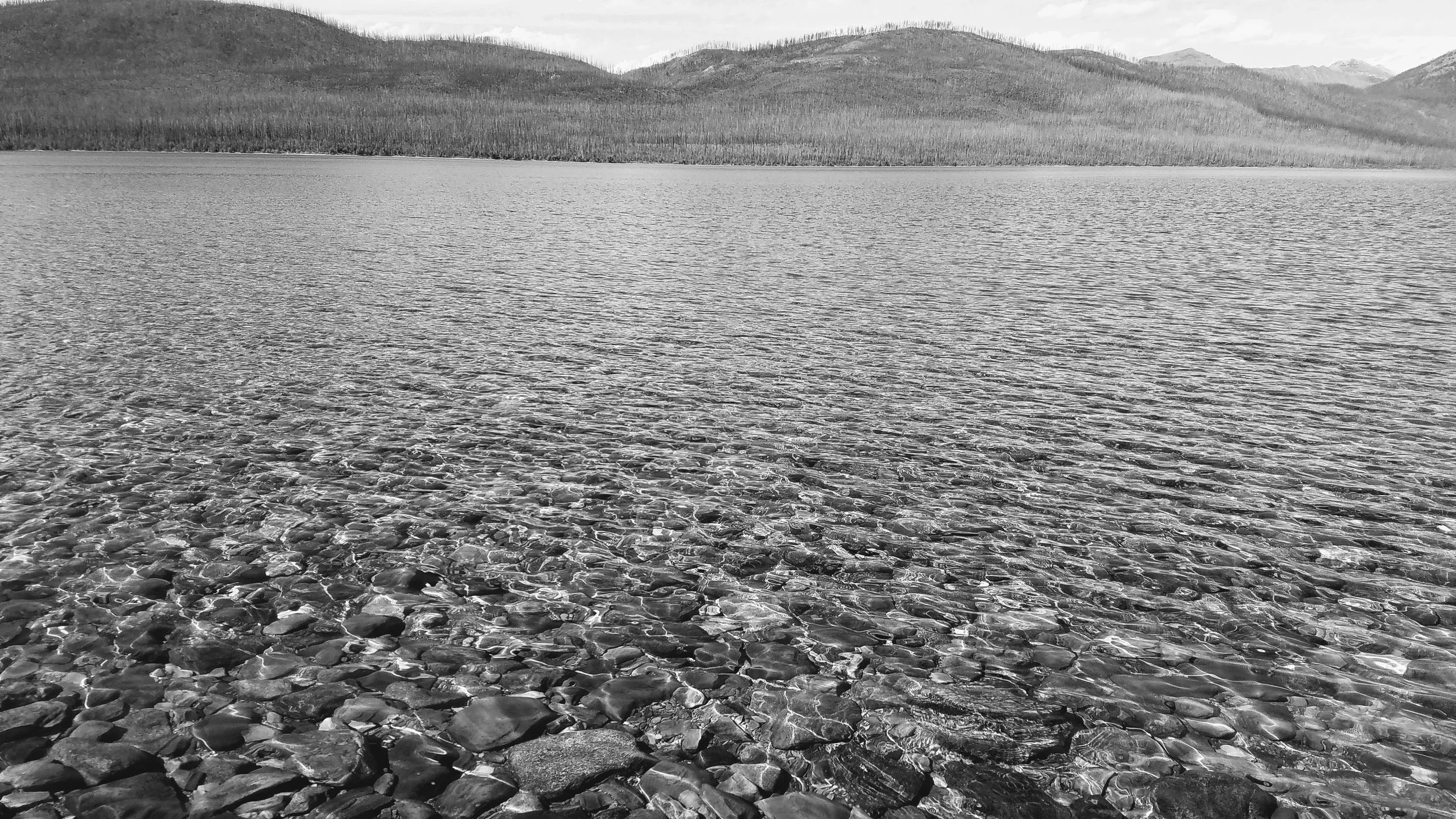Jeremiah Chiu—who last year released the gorgeous “Recordings from the Åland Islands” with Marta Sofia Honer—is back with a solo album of totally beguiling synthesizer compositions, “In Electric Time.” Chiu created the whole album at the Vintage Synthesizer Museum in Los Angeles over the course of a few days. He worked with the museum’s founder and curator, Lance Hill, engineer Ben Lumsdaine, and Cooper Crain of Bitchin Bajas on the tracks and just kinda went for it (check out the great video for the title track, which shows Chiu working with various synths in the museum). Every track has so much happening on it—pulses, long tones, textural warps, percussive little explosions—and often these elements feel like the equivalent of an optical illusion, like the wagon-wheel effect or something similar, with things moving or seemingly moving in different directions, different wavelengths.
The first track on the album, “ElectroComp 101,” is a nice intro for the album, with a sweet pulse, then a longer tone, and some background chirps, and it all flows by so languidly, it’s like you’re looking out a deep-sea porthole and seeing little groups of bioluminescent fish swim by. “Seawater Swell” starts with a really gentle loop and background tone, and then erupts with a more pronounced popping/bubble percussive element, and that all gives way to longer, more demonstrative tones that come in over the top. It’s easy to get lost in it—and it reminds me a little bit (in philosophy and maybe sound too) of the way Junior Boys constructed some of their tracks on “Waiting Game,” especially “Night Walk,” which has an incredible depth of sound.
“For Voices” is one of the more percussive songs on the album (and also one of several to feature great chatter between Chiu, Lumsdaine, et al.), a light break before the longest song on the album, “Rococco Rondo,” which opens with longer tones and a kind of rainstick/echo synth sound, with washes of sound. It’s a slower, more deliberate beginning, until maybe a minute in, when a quicker, more urgent phrase enters and a bass pulse follows a few seconds later. Chiu keeps it moving brisky, with understated solos played on different synths throughout the track, trading sounds back and forth, until the bass cuts out about halfway through, and there’s a clearer focus on just a handful of phrases and chords, and then the end of the track, a swirl of sound, echoing, pinging, no bass, long tones, the attenuation of the song into silence.
“Brush with Thin Air” is another example of how Chiu is able to skillfully layer sounds to create a kind of motion illusion or a depth that feels limitless. Elements sliding one way and another, decaying or repeating at different rates. It’s like watching a time-lapse film of a forest scene: some things change rapidly, appearing and disappearing in the blink of an eye, and others move on a longer scale. “Rhythm Serge” and “Static Stone Railway” are two of my favorite tracks on the album: the former a piece of pure texture, a weaving of different pulses and beats, so good and weird; and the latter a buzzing, bubbling, squeaking piece of magic that calls to mind the sounds on an old favorite album, Farben’s (Jan Jelinek) “Textstar.”
The title track here is a marvel too. It’s lively and engaging, but also strange and a little alien, the kind of song you could easily imagine on the soundtrack to a moody sci-fi film, the main character gazing out blankly upon some vast desolation—but it’s also not quite like that either, the beats are too present somehow for it to be too melancholy. The long synth tones come back in, and then the track starts to fade into noisiness, the beats slow, a few trills fire off, and a voice says, “that’s the end of the tape,” and it’s all over.
